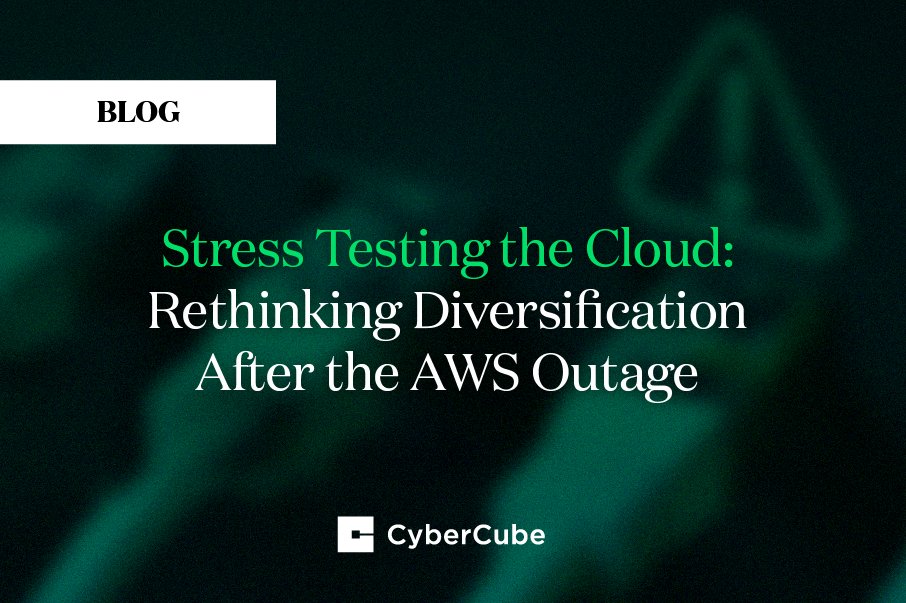Over the last few months, I have moved from my senior role at a large insurance company to a SaaS start-up building cyber analytics for global insurers. It’s been a very exciting move with new changes in my working style and challenges. Here are my top takeaways so far in managing the transition:
1. Bigger is not always better: In a typical large organization environment, one’s stature is usually determined by the number of people one is managing, or the size of revenue one’s team is driving. If you manage a large sized team in multiple locations, with important sounding staff meetings, it was presumed that you must be doing well and be competent in your role. I have met several people with large budgets and / or people under their control who have not displayed corresponding levels of competence. At our company, there is much less grandstanding.
2. Adaptability is key to survival: I was often told in management training how important it is to be flexible in dealing with both the environment (competition / market conditions / client needs) and internal issues while building a coalition of support and getting things done. However I found the reality to be quite different and realized that large companies find it very difficult to change direction. In a heavily regulated industry like commercial insurance, this is even more the case. The very thing that makes insurance companies successful – their size and scale – makes them lumbering giants in terms of their ability to serve rapidly changing markets. Historically, insurance companies have been notorious for selling insurance products well within exposure guard rails developed by people far way from clients. Products insurance companies want to sell, rather than product clients want to buy. Current agile development for SaaS based software turns this on its head. Our ability to create and deliver software products anticipating our clients’ needs will determine our success or otherwise.
3. Embracing uncertainty: In my experience, senior management often preferred confidence over competence. Despite operating in the world of risk, many insurance companies are conservative and seek out as much information and clarity as possible before taking decisions, and as a result, this is one of the reasons decisions require multiple layers of approval in order to share the blame when it goes wrong. The world is more uncertain than ever, and in our world, we deal with nuance, complexity and probability: shades of grey rather than black and white. Being comfortable in that environment is important for us to stay ahead.
4. An increased clarity on work-life balance: Even though there is a lot to do for any young company, we are trying to create an environment where time is treated with the respect it deserves. Being available for my child’s reading session at primary school is not something to hide.
5. Taking a risk feels good: Of course, there are risks in swapping airline gold cards for cheap flight deals but the corresponding focus on our tasks at hand is worthwhile. The trust in the team as owners of the business has been great to watch.




